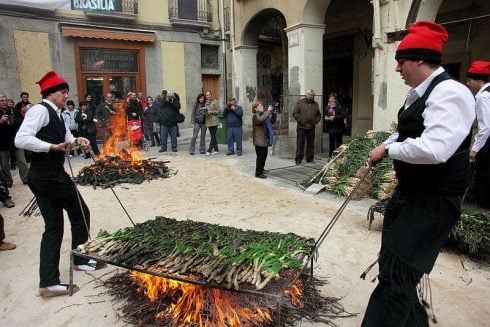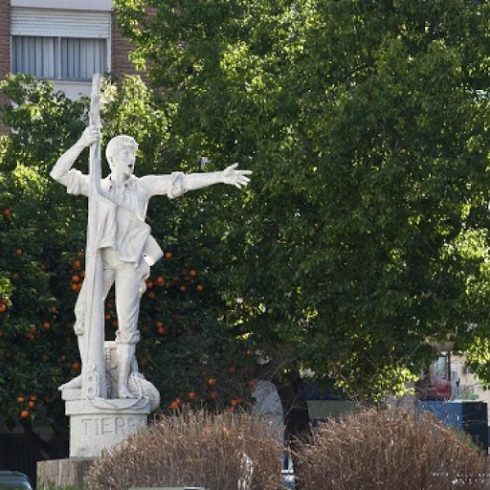YOU may have seen #QuedateEnCasa trending on social media over the past few weeks.
Hopefully you have done, as this now-viral hashtag (and song) means ‘stay at home’.
It is not the most common Spanish phrase, but its use has exploded since the coronavirus pandemic gripped Spain.
It is one of a number of words and sayings that you had probably never dreamed of using before the worst public health crisis since the Spanish flu in 1918.
Unless you are Jose Ameal Peña (Spain’s only living Spanish flu survivor), you won’t have experienced a pandemic.
You may not know how to linguistically navigate one either, and could find yourself tongue-tied in front of a Spanish copper – ‘yes this is my dog’ and ‘yes I am on my way to Mercadona officer.’
First of all there are lots of easy coronavirus-related words that you can add to your vocab list straight away.
Start with cuarentena (quarantine), super portador (super spreader), tos seca (dry cough), fiebre (fever), estornudar (sneeze), gel desinfectante (hand sanitiser), mascarilla (mask), guantes (gloves) and jabón (soap).
During these unprecedented times, you will also need to verbally equip yourself for when you do have to venture outside.
“Venimos al parque porque aquí hay wifi,” was one of the ridiculous excuses recently offered by a group of mates to police in Gijon, Asturias – “We came to the park because there is wifi here.”
If you are actually leaving the house for an essential reason, like buying food or medicine, then there are a couple of basic phrases and structures worth knowing.
Voy al supermercado means ‘I am going to the supermarket. Notice how ‘al’ changes to ‘a la’ when you say ‘voy a la farmacia’ or ‘voy a la oficina’.
This is because supermarket is a masculine word in Spanish, while pharmacy and office are feminine.
Something else that should keep you out of trouble is being able to explain where you live.
“Voy al kiosco para comprar el periodico,” I told two Policia Nacional agents who stopped me on my way to buy the paper recently.
“¿Dónde vives?” was their response, to which I replied: “Vivo cerca de la plaza, a tres o cuatro minutos de distancia.”
I live next to the square, three or four minutes away – they didn’t like this reply, telling me to find a closer kiosk, before giving me a grumpy ‘venga’ and waving me on.
Another thing coronavirus in Spain may have brought you closer to is music.
Aside from #QuedateEnCasa and other Covid-19-themed tunes, one song soundtracking the crisis here is Resistiré (I will resist) by El Duo Dinamico, released in 1988.
This blast from the past is a wealth of dramatic Spanish phrases that are not only inspiring, but also educational.
My Spanish teacher Carola at Millinguals in Estepona recommended I learn the words to help my understanding of combining the presente de subjuntivo tense with the future simple.
The present subjunctive proposes a fictional (possible, impossible or hypothetical) situation, while the future simple is what we’ll do in that situation.
The verses are about what will happen. For example the line, cuando se me cierren las salidas, which translates as, ‘when my exits are all closed.’
This is the presente de subjuntivo.
‘I will resist,’ comes the triumphant response in the chorus.
Learning these lyrics will greatly improve your Spanish, as well as help you join in a balcony singsong with your neighbours.
So as coronavirus continues wreaking havoc for the economy and our sun tans, at least you’ll be able to talk your way through these tough times.











